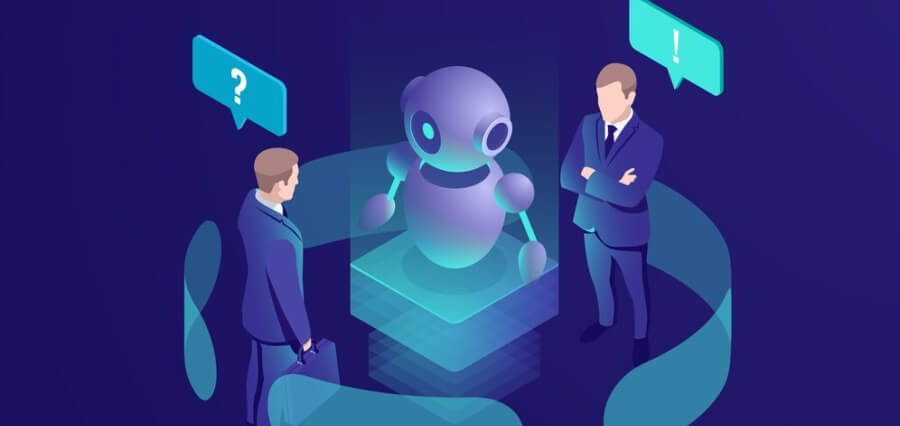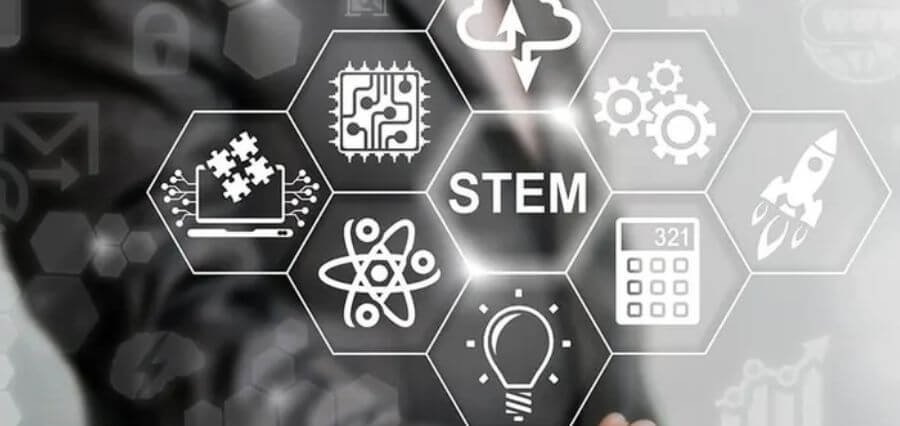Artificial intelligence (AI) has gained immense popularity and recognition in recent years. With its ability to revolutionize various industries, B2B marketing is no exception. Companies are actively leveraging AI to enhance their marketing efforts and drive success.
In this post, we will explore 11 effective ways businesses can harness the power of AI for their B2B marketing strategies.
How to Leverage Artificial Intelligence for Success?
- Personalized Experiences through Chatbots
The use of AI-powered chatbots enables businesses to provide personalized customer experiences. By implementing chatbots on their websites or social media platforms, companies can engage with potential clients round-the-clock, answering queries promptly and guiding them through the sales funnel.
- Enhancing Lead Generation with Predictive Analytics
Traditional lead generation methods often rely on guesswork, leading to wasted time and resources. However, by utilizing AI-driven predictive analytics software, businesses can identify potential leads more accurately. Predictive analytics helps analyze data from multiple sources to determine the likelihood of a prospect converting into a customer.
- Automation for Efficient Email Campaigns
The best AI B2B marketing tool can streamline email marketing campaigns by sending targeted emails based on customer behavior and preferences. It takes care of segmenting subscribers, sending personalized content at optimal times, and nurturing leads effectively without manual intervention.
- Optimize Content Creation with Natural Language Processing
AI-powered natural language processing (NLP) tools assist marketers in creating high-quality content that resonates with their target audience. NLP analyzes text patterns and identifies new industry trends or areas where informative content could be developed – ultimately improving SEO rankings and expanding brand visibility.
- Improved Customer Segmentation Using Machine Learning Algorithms
Segmenting customers based on distinct criteria allows marketers to tailor their messaging precisely to different groups’ needs and preferences, leading to higher conversion rates. Machine learning algorithms help automate this process by analyzing customers’ past behaviors and grouping them into relevant segments efficiently.
- Smarter Advertising Campaigns with Programmatic Advertising
Programmatic advertising relies on AI algorithms to automate ad placement and optimize ad spend. By analyzing vast amounts of consumer data in real time, programmatic advertising enables businesses to reach their target audience more effectively and allocate their budget more efficiently.
- Enhancing Social Media Strategies with Sentiment Analysis
Sentiment analysis uses AI to evaluate and understand how customers perceive a brand or its products/services based on conversations across various social media platforms. This insight can help businesses develop engaging social media campaigns, respond proactively to customer feedback, and build stronger customer relationships.
- Accurate Sales Forecasting Through Machine Learning
Accurate forecasting is crucial for making informed business decisions. Machine learning algorithms combined with historical sales data can provide businesses with precise predictions about future sales trends, enabling them to adjust production levels, procurement schedules, and overall business strategy accordingly.
- Personalized Product Recommendations with AI Algorithms
By leveraging AI algorithms that incorporate past purchases, browsing behaviors, and preferences, businesses can provide personalized product recommendations to their customers. These tailored suggestions improve the overall shopping experience while increasing cross-selling and upselling opportunities for the company.
- Chatbot-powered Customer Service
Beyond initial interactions, chatbots can seamlessly handle customer service queries by offering personalized assistance, order tracking information, or troubleshooting tips – reducing the burden on human support teams while delivering satisfactory customer experiences.
- Streamlined CRM with Intelligent Data Analysis
CRM systems empowered by AI algorithms help sales teams prioritize leads by analyzing valuable data such as lead source effectiveness, past behavior patterns of closed deals, or referral sources—resulting in better lead management and increased conversion rates. Incorporating AI into B2B marketing can revolutionize business operations while driving growth and profitability. By embracing these 11 powerful ways of leveraging Artificial Intelligence.
Conclusion
The integration of artificial intelligence (AI) into B2B marketing strategies holds immense potential for businesses seeking growth and success. By adopting AI-powered tools and platforms, companies can enhance customer experiences, streamline processes, optimize advertising campaigns, and drive better results. Personalization becomes an achievable goal through the use of chatbots and predictive analytics, allowing businesses to tailor their messaging and engage with leads at the right moment.














